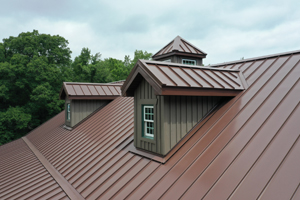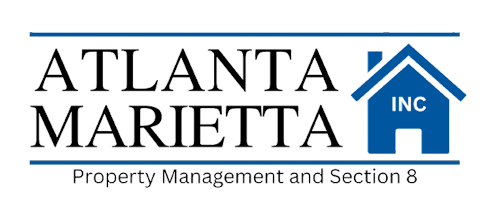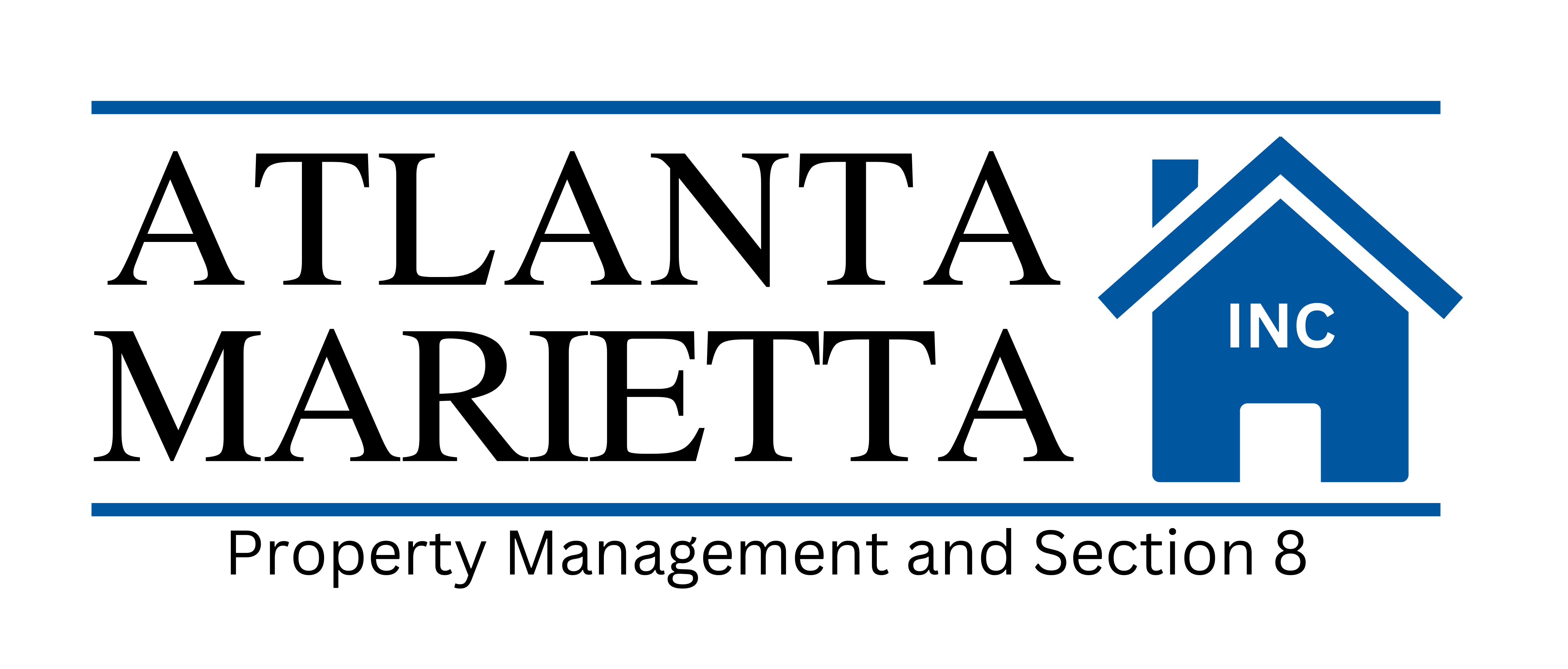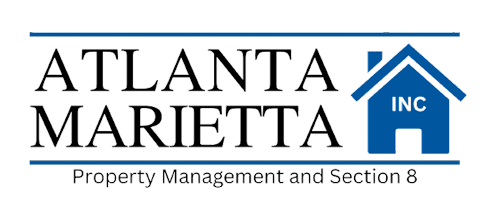
Can you write off all repairs? First you have to distinguish between a repair and an improvement.
A repair is usually a small fix that keeps your rental in its current state and is relatively inexpensive. Patching holes in walls, replacing a broken doorway, changing toilet tank valves or replacing an exterior doorknob are examples of repairs that can be written off in full in the same year. In general, a repair won’t add value to your rental.
Things start to get more complicated when you install a new HVAC system or replace the roof. The IRS considers these improvements, therefore, cannot be written off in full in a single year – these items must be capitalized or depreciated over the next 27.5 years! According to the IRS, anything that increases the value of the property is considered a capital expense.
The IRS has published extensive rules and regulations to help clarify the difference. But the way I look at it is much more simple: if I think I could get more money when selling my home if I add the “repair”, then it is a capital improvement. For example, if put my rental home on the market with a brand new HVAC system and a brand new roof, will I be able to list it for more and will I get it as compared to the competition? You bet.
So what can you write off? Utilities, minor repairs, HOA fees, property taxes, lawn maintenance, and property management fees, to name a few. The best way to determine if you can write off a repair or if you have to depreciate it is to ask your accountant.












